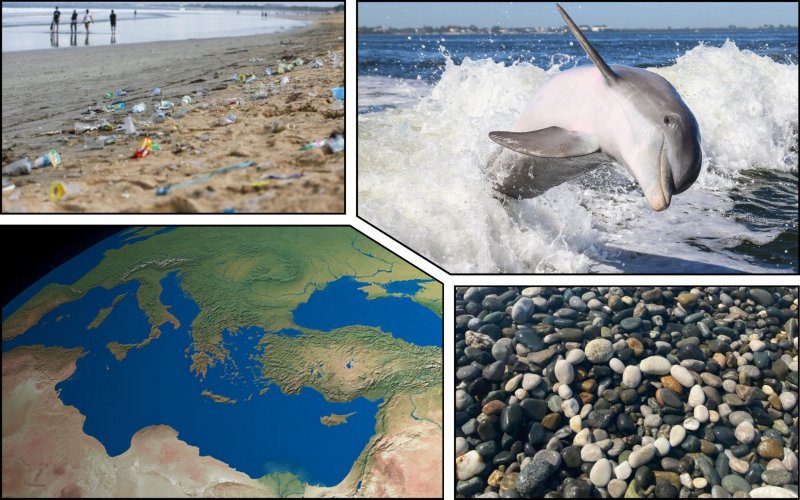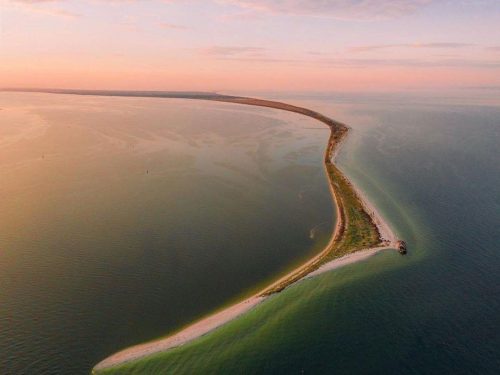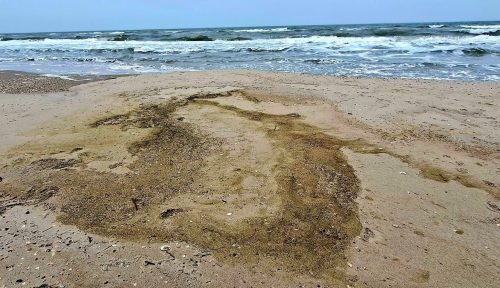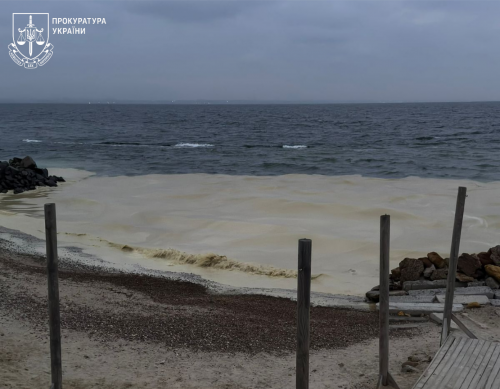The 23rd Meeting of the Parties to the Barcelona Convention and its Protocols (COP23) was held in Portorož, Slovenia, from December 5 to 8, at which a ministerial declaration was adopted on key steps towards a green transition in the Mediterranean region.
The conference marked a historic milestone for environmental protection and sustainable development, as well as the urgency of such actions, reports Earth.Org.
"The commitments made to stimulate the green transition in the Mediterranean are evidence of a shared responsibility for the preservation of the natural treasures of our planet," the article says. "The coming years will reveal the impact of the decisions made in Portorož, and it is hoped that the promises will be translated into tangible actions, contributing to a future where the Mediterranean thrives as a sustainable and dynamic ecosystem."
It is noted that the Portorož ministerial declaration was adopted at the conference, which provides:
- nature protection in the region;
The material said that 21 countries and the EU agreed on the separation of economic progress from environmental degradation, as well as its alignment with the Sustainable Development Goals.
- regional cooperation and solutions based on nature management, because the countries of the region have different financial and technological resources;
- work program and budget;
It is noted that the two-year work program and budget of the Mediterranean Action Plan of the United Nations Environment Program (UNEP/MAP) were adopted at COP23. This initiative is aimed at revising and aligning the Mediterranean Strategy for Sustainable Development, as well as using science as a basis for effective action.
- protection of marine life is one of the important agreements regarding the preservation of cetaceans of the Black and Mediterranean Seas, as well as the adjacent Atlantic zone;
- coastal management and establishment of a Regional Climate Change Action Center in Turkey;
- biodiversity conservation – commitments to preserve and manage at least 30% of coastal and marine areas by 2030. Participants pledged to stop the degradation of marine and coastal biodiversity, as well as to strengthen the protection of marine species under threat of extinction;
- combating pollution and waste, including from agriculture, shipping, aquaculture and urban stormwater management, as well as plastic;
During COP23, non-governmental organizations played a key role in highlighting the critical issue of marine pollution and advocating for concerted efforts to address this critical issue.
Earlier, EcoPolitic wrote, that in Dubai, UAE, on November 30, the two-week climate summit COP28 began, at which a historic decision was made to create a fund to compensate the losses and damages caused by climate change to developing countries.
As EcoPolitic previously reported, marine biologist Yevhen Dykiy stated that due to Russian military aggression, tons of heavy metals and other toxic substances entered the Black Sea, in particular from sunken ships and downed missiles.





